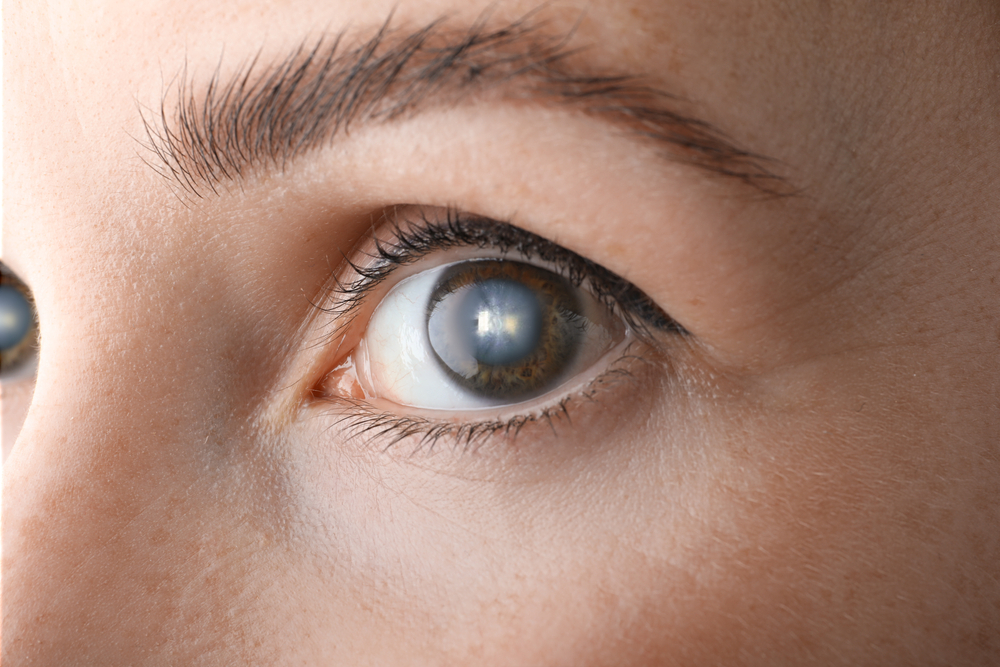
Cataracts are a common condition affecting millions globally, yet many people remain unaware of their first signs and the importance of early detection. As a condition that can cause blurry vision and eventually lead to blindness if left untreated, understanding cataracts is a crucial aspect of maintaining good eye health.
What are the causes of cataracts?
Cataracts are primarily associated with aging. However, they can also be caused by other factors, such as injuries, certain medications, and health conditions like diabetes. Other causes include prolonged exposure to ultraviolet light and lifestyle choices like excessive alcohol intake and smoking.
Recognizing the First Signs of Cataracts
One of the biggest challenges with cataracts is that they often start small and have little effect on your vision at first. You might not even notice any changes. However, as time progresses, you may start to notice symptoms like blurry or hazy vision, difficulty seeing at night, and colors appearing less vibrant.
Other first signs of cataracts may include increased sensitivity to light and glare, seeing "halos" around lights, frequent changes in your eyeglasses or contact lens prescription, and double vision in a single eye. These symptoms might not necessarily mean you have cataracts, but they are a signal that you should get your eyes checked.
The Critical Role of Regular Eye Exams for Seniors
Regular eye exams are crucial for everyone, but they take on an even more significant role as we age. This is because conditions like cataracts are more prevalent in older adults. Regular eye exams for seniors can help identify cataracts and other eye conditions early, making them easier to treat.
An eye exam is more than just a vision test. It's a comprehensive check of your eye health. Your eye doctor will examine your eyes for signs of common eye diseases and conditions, assess how your eyes work together, and evaluate your eyes as an indicator of your overall health.
The Importance of Early Intervention
Early intervention is key to managing cataracts. If detected early, your doctor may recommend non-surgical treatments such as new glasses, brighter lighting, anti-glare sunglasses, or magnifying lenses to help improve your vision. However, if these measures are not sufficient or if cataracts continue to progress, surgery may be necessary.
Cataract surgery is one of the most commonly performed surgeries worldwide and has a high success rate. It involves removing the cloudy lens and replacing it with an artificial one. Early intervention can make the surgery easier and the recovery quicker.
Modern Treatment Options for Cataracts
If cataracts reach a stage where they significantly affect your vision and daily life, surgery is usually the best solution. Modern cataract surgery is quick, safe, and generally painless. There are two main types of cataract surgery: phacoemulsification and extracapsular cataract extraction.
Phacoemulsification, also known as "Phaco," is the most common type of cataract surgery. It involves making a small incision in the eye, breaking up the cloudy lens with ultrasound, and removing it.
Extracapsular cataract extraction, on the other hand, is used for advanced or very hard cataracts. It involves removing the cloudy part of the lens in one piece and replacing it with an artificial one.
Maintaining Your Optimal Eye Health
Cataracts are a common condition that can significantly affect your quality of life. However, with awareness of the first signs of cataracts, understanding their causes, and the importance of regular eye exams for seniors, we can take proactive steps to manage this condition.
To learn more about the signs of cataracts and treatment options, visit Limestone Eye Care at our Lawrence, Kansas, office. Please call or text (785) 268-6880 to schedule an appointment today.








